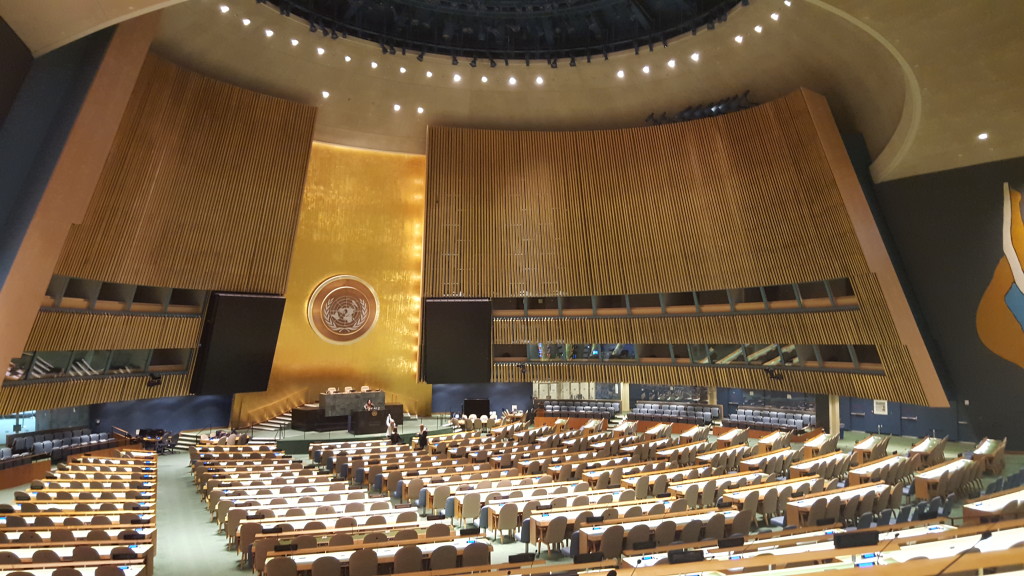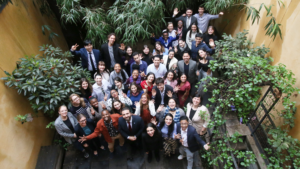
The idea of civic engagement in international negotiations is particularly interesting phenomena to me. Having been a youth leader and student of international politics back in the Philippines, I together with my colleagues could only dream of taking part in the conversation on youth issues. I would like to think that this came about because unlike any other generation before us, we have become more aware of what our governments can offer and what our governments have not offered.
I was amazed that in the last 6 months the rhetoric and the language being used in international conferences have change and it was quite encouraging at first. The Sustainable Development Goals and COP21 Agreement call for inclusion and involvement across different sectors of society not only in the implementation but also in the negotiation process.
In a press release last week, the World Youth Alliance shared its dismay on the outcomes of the Youth Forum during the Commission on the Status of Women. It was the first time that the Commission hosted a Youth Forum. To keep the story short, our advocacy team and myself came out disappointed. I was disappointed for two reasons: first, on paper the United Nations is proud to organize a Youth Forum yet have no fair participation from all stakeholders. To say that an event represents the sentiments of the youth of the world today is a strong statement, given that only a lucky few have the ability to attend these discussions. It would then be ideal to be at the very least fair with those that take part in the forums. Inclusion used to be a powerful statement especially coming from highly bureaucratized systems like the UN. However, now more than ever it seems like an even more abstract concept that it was before. Second, this idea of youth engagement has essentially become a giant marketing strategy. Selfies with young participants, but what are the outcomes? Are we really taking into account their ideas? Are they part of the actual negotiations and drafting of these declarations?
Although they are not binding, these declarations are incredibly powerful in steering not only programs but also conversations amongst young people in different parts of the world. It has the power to leave the impression that this is what people in different parts of the world think about these issue; but this is not necessarily the case. So how do we go about it?
Melissa De la Cruz is a current intern at the WYA Headquarters from Cebu City, Philippines.







